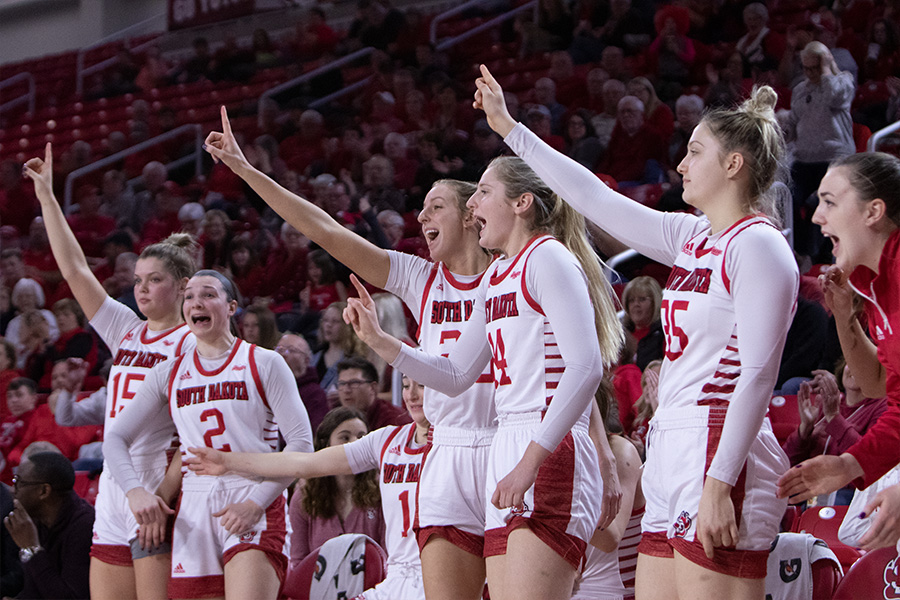Court Affirms South Dakota Judge’s Gay Marriage Ban Ruling
SIOUX FALLS, S.D. (AP) — A federal appeals court affirmed a judge’s ruling that struck down South Dakota’s ban on same-sex marriage as unconstitutional, allowing attorneys for the couples who challenged the law to proceed with their plan to seek legal fees from the state.
The 8th U.S. Circuit Court of Appeals released its opinion Tuesday, upholding the January decision by U.S. District Court Judge Karen Schreier in a case brought by six same-sex couples in May 2014.
Same-sex marriages already began in South Dakota on June 26, following a decision from the U.S. Supreme Court legalizing such unions across the nation. Forty-nine same-sex couples have so far applied to get married, according to Attorney General Marty Jackley, despite the ban officially remaining on the books and a stay imposed by Schreier stopping her ruling from taking effect.
Tuesday’s court ruling doesn’t lift Schreier’s hold — the appeals judges said that would be left up to the district court — but attorney Josh Newville said he has now filed a motion asking her to remove it.
Jackley said Tuesday, citing the opinion, that the ruling ends the need for further “federal oversight.” Since the state has has given assurances that it will uphold the Supreme Court ruling and since licenses have been issued without incident, Jackley said Schreier’s permanent injunction that she placed on South Dakota’s law is unnecessary.
As to whether the South Dakota law defining marriage between one man and one woman and the language in the state constitution will ever be removed, Jackley said that’s up to state legislators and the public.
Legally, Jackley said it makes no difference, since South Dakota law prohibits officials from enforcing a law that has been declared unconstitutional by a federal court. Other laws, like South Dakota’s anti-corporate farming law, are still on the books despite being struck down.
The practical effect of the appeals court’s decision is that it allows Newville to move forward with his plans to seek attorney’s fees. Newville said he and his colleagues have worked pro bono for over a year and now hope to be compensated.
“We’ve committed a lot of resources and we now need to get paid for that,” he said.
Newville said he hopes to iron out a settlement with state officials. If that doesn’t happen quickly, he said, he plans to ask a court to formally award him fees. Under federal law, plaintiffs in federal civil rights cases can petition a court to award them legal fees if a court finds in their favor.
Newville has said he estimates fees could come to hundreds of thousands of dollars,
Jackley said he’s open to discussing attorney’s fees, but said it’s still unclear how the state will proceed once Newville takes any action. Ultimately, he said any money put toward fees would have to be appropriated by state officials, not him.

